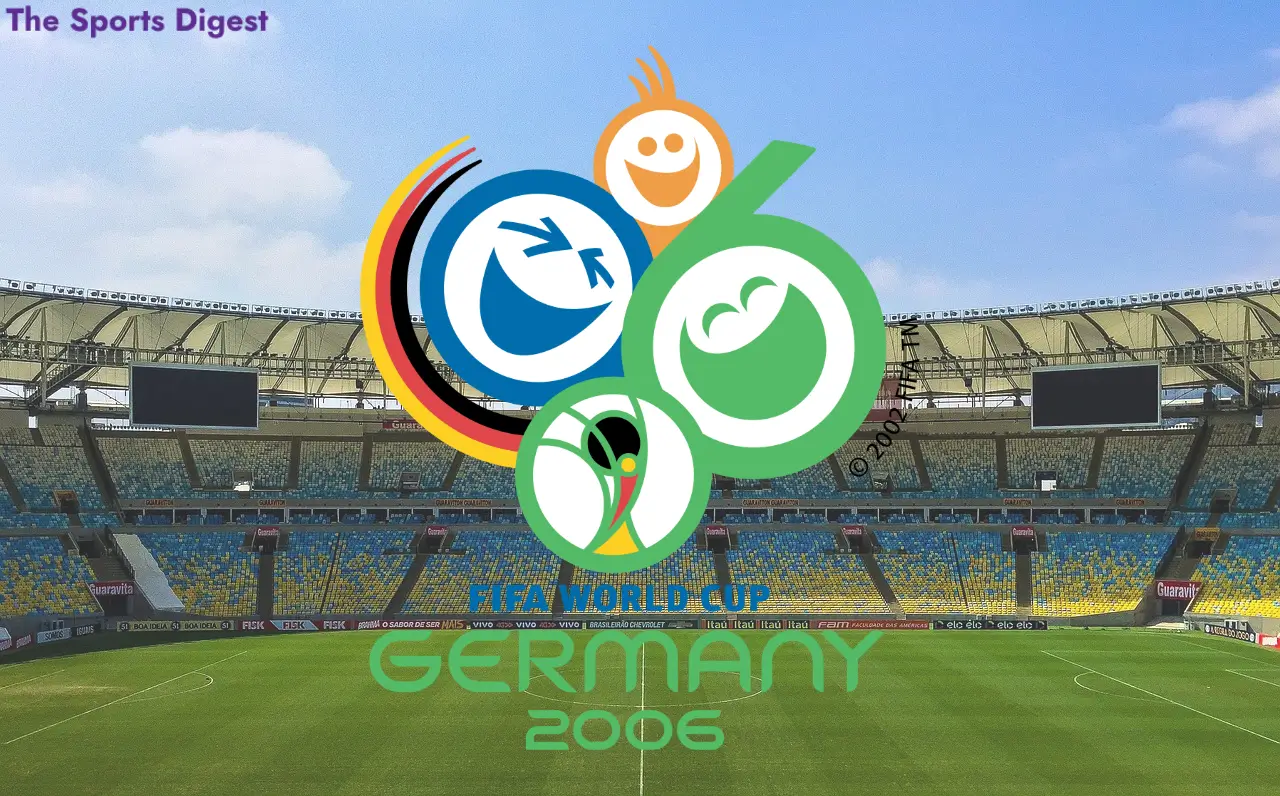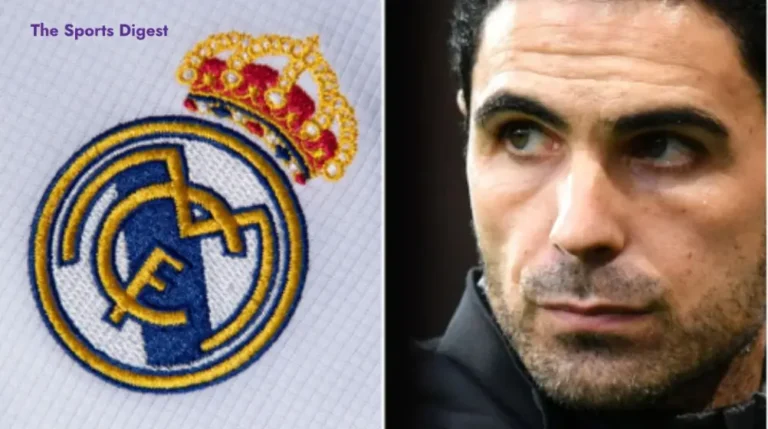FIFA World Cup 2006: A Historic Event
FIFA World Cup 2006 is considered one of the most distinctive tournaments in the history of the competition organized by the Fédération Internationale de Football Association (FIFA) every four years. It was the 18th edition of the tournament, and Germany hosted this grand event for the second time in its history, following its first time hosting the tournament in 1974, when it was known as “West Germany.” The tournament was held from June 9 to July 9, 2006, with 32 teams from all over the world participating.
Table of Contents
FIFA World Cup 2006: Organization and Hosting Rights Battle
Germany was selected to host the World Cup after a democratic voting process held in Zurich, Switzerland, in July 2000. The competition to host the tournament was intense, as Brazil had withdrawn from the race, leaving Germany to compete against South Africa, England, and Morocco. The voting process consisted of three rounds, with the country receiving the fewest votes eliminated in each round. Morocco was eliminated in the first round, followed by England in the second round. In the final round, Germany won the hosting rights after a close contest with South Africa, bringing the tournament back to Europe after a 12-year absence since France hosted the 1998 World Cup.
Global Participation: 32 Teams Competing for Glory
FIFA World Cup 2006 was marked by a wide global representation. A total of 32 teams from various continents participated in the tournament, including two Arab nations, Tunisia and Saudi Arabia, adding a special flavor for Arab audiences. Additionally, several countries made their World Cup debut, such as Angola, Ivory Coast, Ghana, Togo, Ukraine, Czech Republic, and Serbia and Montenegro. This diversity highlighted the growing global reach of the tournament and the deep impact of football on world sports.
The 32 teams were divided into eight groups, with each group consisting of four teams. Each team played one match against every other team in the group in a round-robin format. Teams were awarded 3 points for a win, 1 point for a draw, and 0 points for a loss. At the end of the group stage, the top two teams from each group advanced to the Round of 16, where knockout-stage matches determined the teams that would advance to the semifinals and finals.
Group Stage: New Rules and Surprising Results
FIFA World Cup 2006 group stage was filled with excitement and intense competition. In this stage, a new system was introduced to determine the ranking of teams in the event of a tie in points. First, teams were ranked based on their total points. In case of a tie, goal difference was used to determine rankings. If teams were still tied, the number of goals scored was considered. If there was still no distinction, a direct comparison between the teams was made, and if the tie persisted, a draw was conducted by FIFA.
This new system added an extra layer of excitement and drama, leading to unexpected results in some groups. For example, Group E saw a major surprise with Italy’s elimination of one of the top teams, while some lower-ranked teams managed to reach the knockout stage for the first time in World Cup history. This diversity in qualification showcased how smaller teams could disrupt the balance of power in major tournaments.
FIFA World Cup 2006: Individual Awards and Honors
FIFA World Cup 2006 individual awards served as a great honor for players who delivered extraordinary performances throughout the tournament. Many stars were honored with awards for their exceptional contributions. Miroslav Klose from Germany won the Golden Boot after scoring five goals in the tournament. This achievement was a fitting tribute to the long career of the German striker, who played a pivotal role in his team’s progression to the semifinals.
The Golden Ball award, given to the best player of the tournament, was awarded to Zinedine Zidane of France. Zidane was one of the standout performers, showcasing remarkable skills in passing, shooting, and leading his team to the final. Despite being sent off in the final match, his performances throughout the tournament earned him this prestigious award.
The Lev Yashin Award for the best goalkeeper went to Gianluigi Buffon of Italy, who excelled with his crucial saves and leadership of Italy’s defense throughout the tournament. Buffon was a key factor in Italy’s triumph, delivering an outstanding performance in critical matches that helped his team lift the trophy.
Lucas Podolski of Germany was awarded the Best Young Player Award for his impressive performances in the tournament. The young German forward showed great potential and became one of the breakout stars of the World Cup. This award was a reflection of how young players could shine on the world’s biggest stage, demonstrating the global rise of football talent.
The Ideal Team: Stars of the Final Touch
FIFA World Cup 2006 saw the selection of the ideal team, which featured the best players in each position based on their performances throughout the tournament. A group of exceptional players was chosen to represent this team, symbolizing the high standards of the competition. In goal, Gianluigi Buffon from Italy was featured, having kept his team’s defense solid throughout the tournament.
In defense, Fabio Cannavaro of Italy and John Terry of England were standout performers, playing crucial roles in securing their teams’ defenses. Midfielders Zinedine Zidane from France and Andrea Pirlo from Italy were selected for their ability to dictate the tempo of the game and their playmaking abilities, which proved essential in their teams’ advancement to the final stages.
In attack, Miroslav Klose of Germany and Luca Toni of Italy were among the top strikers, scoring crucial goals and playing vital roles in their team’s progression. Their ability to score in the most crucial moments made them irreplaceable in their respective teams, and they earned their places in the ideal team for their outstanding contributions.
FIFA World Cup 2006: Italian Brilliance and Victory
FIFA World Cup 2006 saw Italy emerge as the champions after a fiercely contested tournament, proving their strength and resilience in every stage. Despite the challenges faced by the team, including a loss to France in the final, Italy’s exceptional performances throughout the tournament helped them claim their fourth World Cup title. Italian players, from the legendary goalkeeper Buffon to defenders like Cannavaro and strikers such as Klose and Toni, showcased remarkable teamwork and individual brilliance, securing their place in World Cup history.
FIFA World Cup 2006 was a testament to the importance of teamwork and sportsmanship in the world’s greatest football competition. It reminded fans worldwide that football is not only about winning titles but about unforgettable moments, with the team that unites and fights until the last minute having the edge to emerge as champions.
Have you ever read an article like this?
There are no reviews yet. Be the first one to write one.






